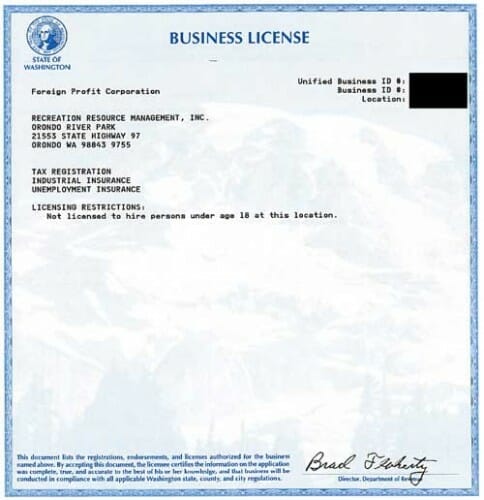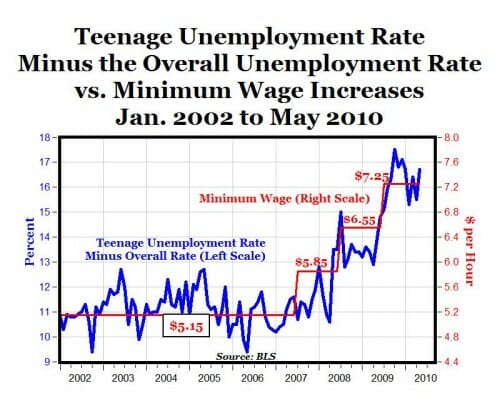As I mentioned the other day, I sometimes have this fantasy that we have some sort of libertarian streak in the Arizona Republican party. The Goldwater Institute and Jeff Flake give me hope. But then the Arizona legislature gets to work and my hopes are dashed.
A big national Republican issue is the excessive power Congress has delegated to the EPA and FDA to regulate and ban substances, from BPA to CO2. So what do the Republicans do in AZ? They propose a law to give an un-elected bureaucracy the power to willy nilly ban substances without a bit of legislative oversight.
The legislature had previously outlawed 30 chemicals that could be used to make the "bath salts"-type mixtures, and dropped another eight substances on the bill Governor Jan Brewer signed last month.
As Boca Raton Florida-based attorney Thomas Wright III told New Times shortly before Brewer signed the legislation, "To suggest they're putting a ban on bath salts is dumbing down the general public."
Republican state Senator Linda Gray is now explaining this to everyone, as she's proposed a new method to attempt banning "bath salts."
House Bill 2388 is the new hope, which would allow the state's Board of Pharmacy and the Department of Public Safety to ban the sales of chemical substances at their pleasure.
According to a Senate fact sheet, the pharmacy board "must make a formal finding that the chemical composition defined by the Board has a potential for abuse and submit the finding to DPS."
The pharmacy board then has to "consult" with DPS about its proposed rule, and that's that. The board just has to let the governor and the legislature know once a year which chemicals it's decided to ban.
So after all the concern about regulation voiced by Republicans about the EPA, they are giving even more sweeping powers to... the Board of Pharmacy and the Department of Public Safety? This should be all the proof you need that the Coke and Pepsi party have equivalent authoritarian streaks. As many other libertarians have observed, the Republicans have a healthy distrust of government, except when it comes to anyone such as the DPS or military that carries a gun, and then they are willing to hand over infinite trust and authority.
In many ways, this law is exactly like the environmental laws Republicans hate that require detailed analyses of potential harms but no counterveiling analysis of benefits. In this case, the Pharmacy board is required to analyze the potential for abuse of chemicals but there is absolutely no language requiring any consideration of the benefits of the substance's use or legality. By the language of the law, if there is a potential for abuse, it must be banned no matter how otherwise useful the product is or could be.


